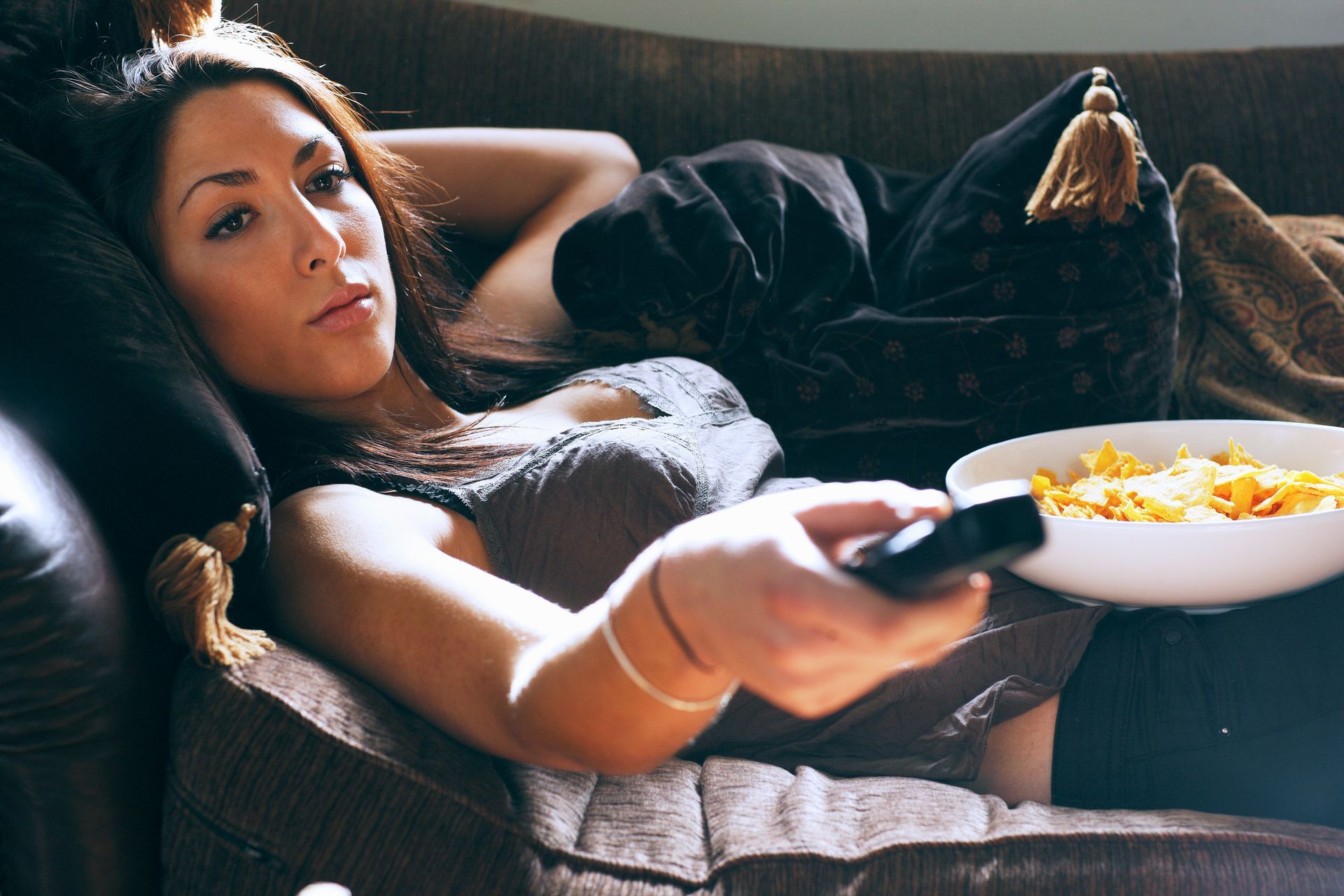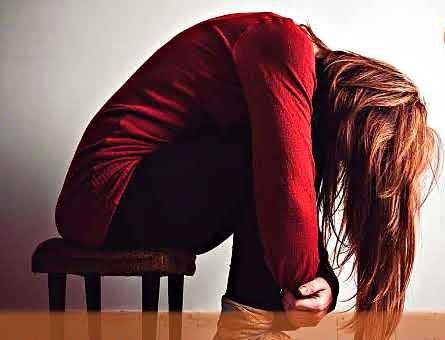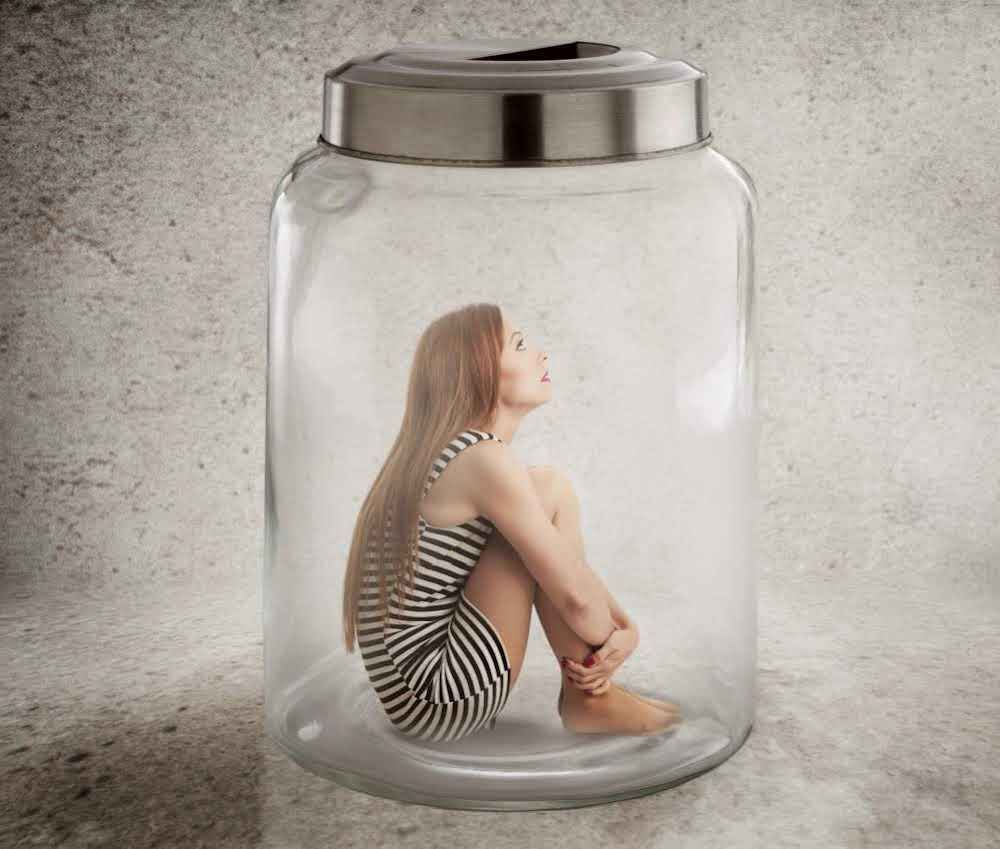Blog Layout
Life Isn't Fair!
Beverley Stewart • January 28, 2024
Life Isn't Fair!

Many of us were brought up to believe that being a good person will lead to a good life. If we work hard - we’ll be successful, if we sacrifice for others – we’ll be rewarded, if we live a healthy life – we will live a long time. When life doesn’t turn out this way, we can find it very hard to accept. We feel cheated, and believe ourselves to be a victim of some kind of cosmic injustice.
We all buy into this illusion that life is a simple formula – being good leads to a good life. This gives us a sense of control. We believe if we do what’s right, we’ll be rewarded. The truth is that there is no scientific basis for this. There is no natural law to enforce it. Life is far more random and it’s never this simple. People don’t get what they deserve.
But whether life is fair or not, we’re all entitled to our own perspective. And that’s what it’s all about – how we view the situation. There are many factors that contribute to us seeing life as unfair. There are also psychological processes that determine how, and whether, we rise above or are destroyed by those things that just don’t seem fair to us.
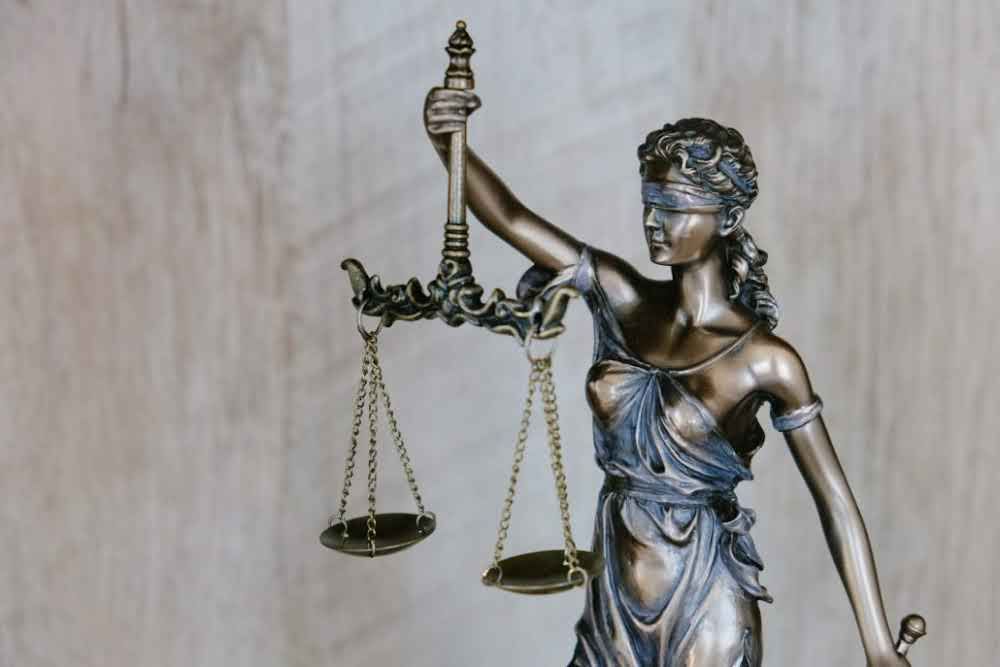
Societal Factors Contributing to Perspectives of Unfairness
Whether life is or isn’t fair is subjective and often depends on our individual perspectives and values. Life, in it’s natural course, isn’t inherently designed to be fair or unfair. Life is based on a combination of random events, chance occurrences, our changing society, and the choices we make. Still, there are several factors that contribute to our perception of life being unfair:
- Inequality: Disparities in wealth, opportunities, and resources can create a sense of unfairness. People born into different circumstances may face vastly different challenges and opportunities.
- Randomness: Life is filled with unpredictable events and circumstances that are beyond our control. Natural disasters, accidents, and unexpected health issues can affect us randomly, leading to perceptions of unfairness.
- Social Systems: Societal structures, such as economic and political systems, can contribute to unequal distribution of resources and opportunities. Discrimination, bias, and systemic issues can result in certain groups facing more obstacles than others.
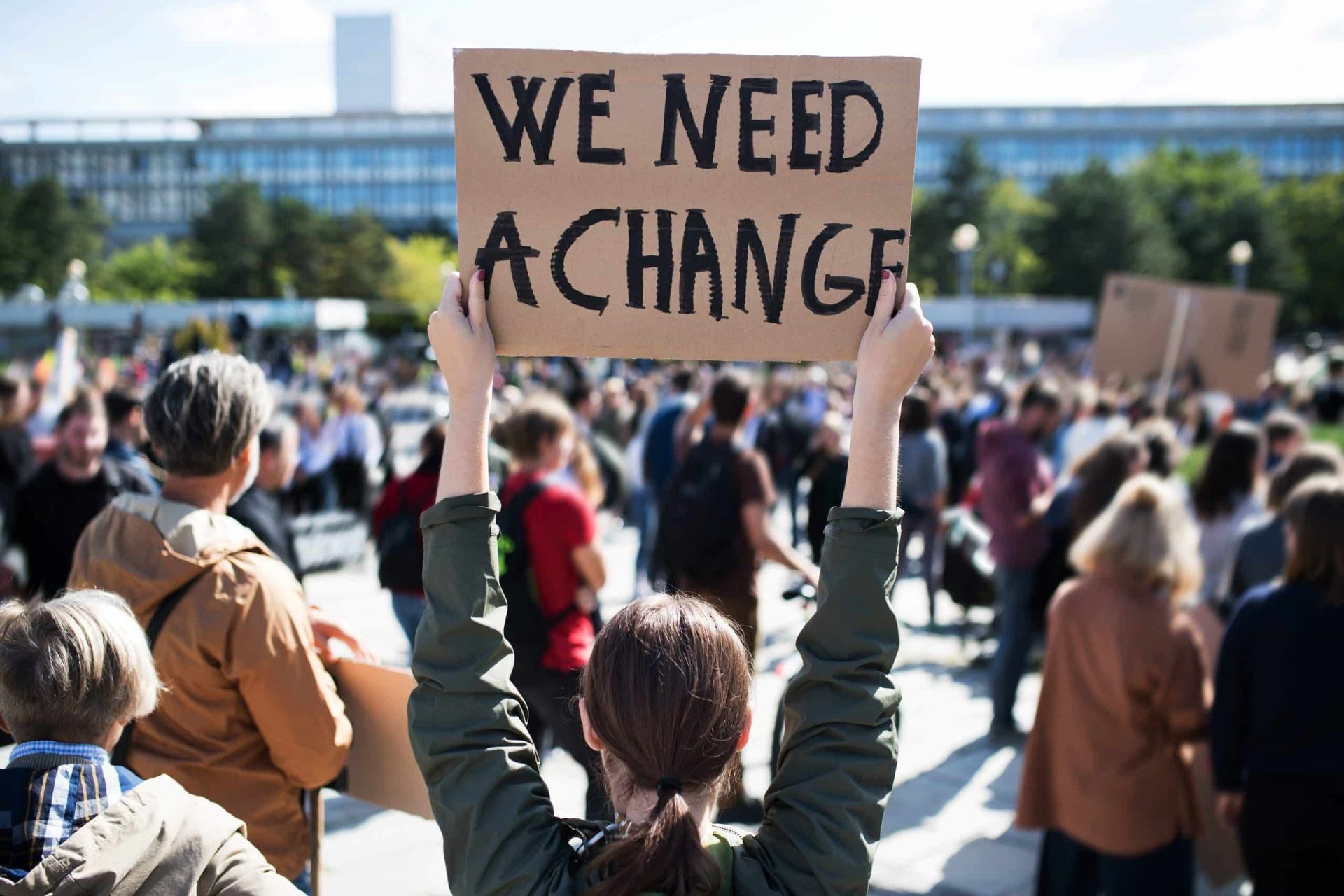
- Different Starting Points: Individuals start life with different advantages or disadvantages based on factors like family background, education, and geographical location. These starting points can significantly impact one's trajectory in life.
- Differing Abilities and Circumstances: People have varying levels of abilities and face different life circumstances. Factors such as physical and mental health, intelligence, and personal support networks can influence outcomes.
- Human Nature: As humans we can all exhibit less than perfect behaviors and make questionable choices that contribute to our perception of unfairness. Greed, corruption, and unethical actions can lead to inequality and injustice – if not for ourselves, for those we affect.
- Philosophical Understandings: Philosophers throughout history have explored various perspectives on the fairness or unfairness of life. And these philosophical perspectives vary greatly. Eastern philosophies for example, such as Buddhism and Taoism, often focus on acceptance of the impermanence of life, and the importance of finding inner harmony. Here the concept of fairness can be viewed through the lens of karma or the natural order of existence. Conversely, philosophers addressing the problem of “evil” struggle with the apparent contradiction between the existence of suffering and the idea of a benevolent and omnipotent deity. “If there’s a God, why do bad things happen to good people?”
While life may not be inherently fair, societies strive to create systems that promote fairness, justice, and equal opportunities. However, achieving perfect fairness is a complex and ongoing challenge.
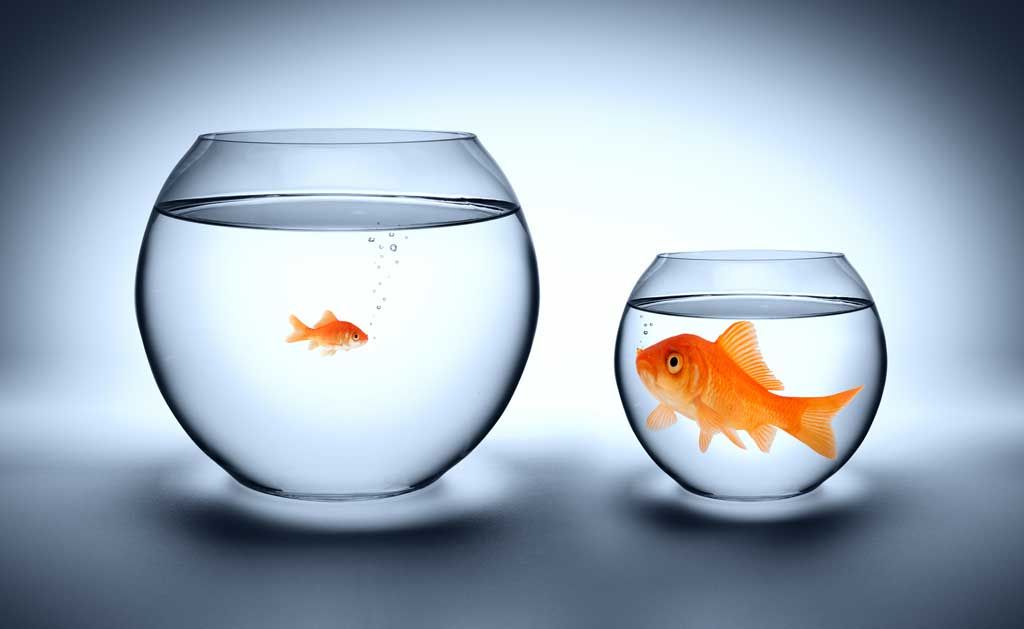
The Psychological Factors Behind Unfairness
From a psychological perspective, the perception of life's fairness or unfairness is influenced by our cognitive and emotional processes. Here are some psychological insights into why we might view life as unfair:
- Cognitive Biases: Human cognition and reasoning is often vulnerable to various biases that can distort our perceptions of fairness. For example, many of us are brought up to believe that the world is inherently fair and that everyone should get what they deserve in life. When that doesn’t happen for us, it can lead to feelings of injustice.
- Comparative Thinking: People often engage in social comparison, evaluating our own situation in relation to others. Social media has made this part of our daily lives! When we perceive disparities between our own circumstances and those of others, it can bring about feelings of unfairness. Social comparison can lead us to a focus on perceived inequalities and a sense of injustice takes over.
- Attribution Theory: We all have a natural tendency to attribute causes to events that we experience. Often, we’ll attribute success to our personal efforts or skills. For example, if we’re on time for work, we attribute this to our quick actions in getting ready for work this morning. In contrast, if we experience misfortune, we might attribute it to external factors beyond our control. For example, if we’re late for work we might blame the trains for not running to schedule. This “Attribution Theory” means that if we believe that external factors are responsible for the negative outcomes we experience, it can result in us feeling a sense of unfairness.
- Emotional Responses: Emotional reactions play a critical role in shaping perceptions of fairness. The way we feel about a situation can significantly influence how we interpret and react to events that we perceive as unjust. Anger, frustration, and resentment can arise when we feel that we’re being treated unfairly or when we observe imbalances in the world around us. Feelings of sadness and disappointment can exist if we feel the unfairness has led to personal setbacks or unmet expectations. Emotions can colour our overall perspective on life.
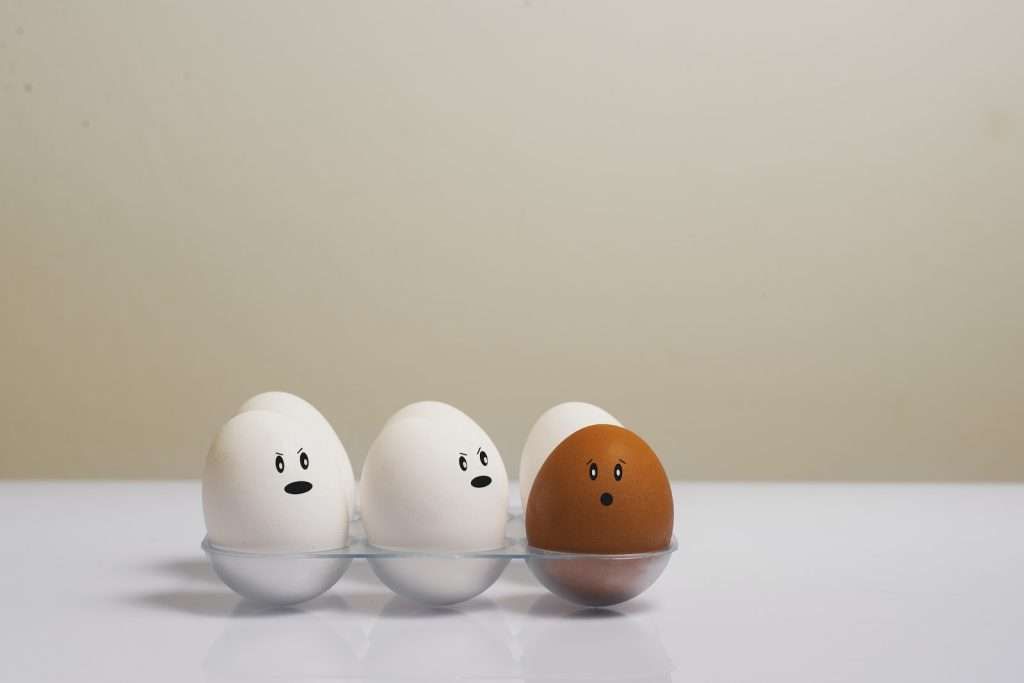
- Social Identity and Inequality: Social identity theory suggests that we categorize ourselves and others into social groups, and this can influence perceptions of fairness. When people identify strongly with a particular group, and perceive that the group is disadvantaged, it can lead to a heightened sense of injustice.
- Developmental Factors: Children develop a sense of fairness early in life through socialization and interactions with caregivers and role modelling. Experiences of fairness and unfairness during childhood can shape our worldview and influence our perceptions of fairness in adulthood. For example, if a child is brought up in a home where it’s parents believed life wasn’t fair, the child will grow up with the same belief.
These psychological factors demonstrate how complex our perception of unfairness can be. Understanding these cognitive and emotional processes can give us some insight into why we may have different perspectives on what is fair and unfair compared to others. Hopefully it also makes us more empathetic towards others and what they are experiencing.
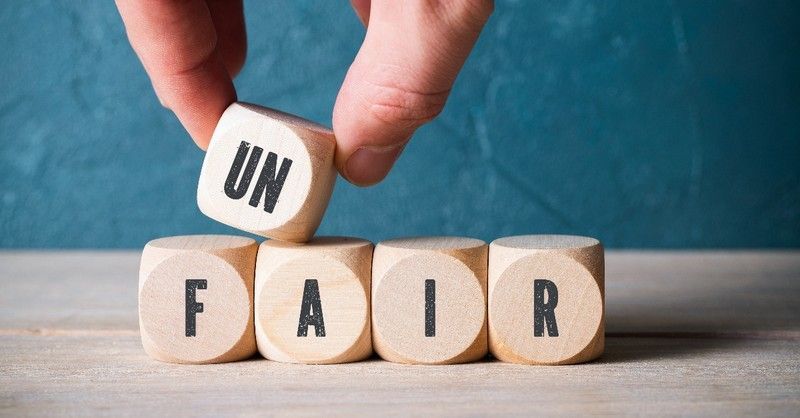
In The End:
No – life isn’t fair. Sometimes it’s tough, it can be cruel and bad stuff happens when you least expect or deserve it. But it isn’t fair for everyone – which is … fair? We’re all in the same boat. It’s not just you who’s been singled out for an unfair life. Sometimes, shit just happens. The secret to finding more fairness in your world is to acknowledge it’s unpredictability and lawlessness. Change your perspective on what fairness is. Life constantly presents us all with opportunities for growth and to develop our resilience. It offers everyone the chance to learn, adapt, and overcome challenges. We’re all fairly given the potential to strive for our goals, regardless of our starting point or circumstances. And hopefully we’re all able to feel empathy and support others who feel equally that life isn’t fair.
To find out more about Change Counselling click here, for help with Depression click here. Or go to Contact Page to make an enquiry.

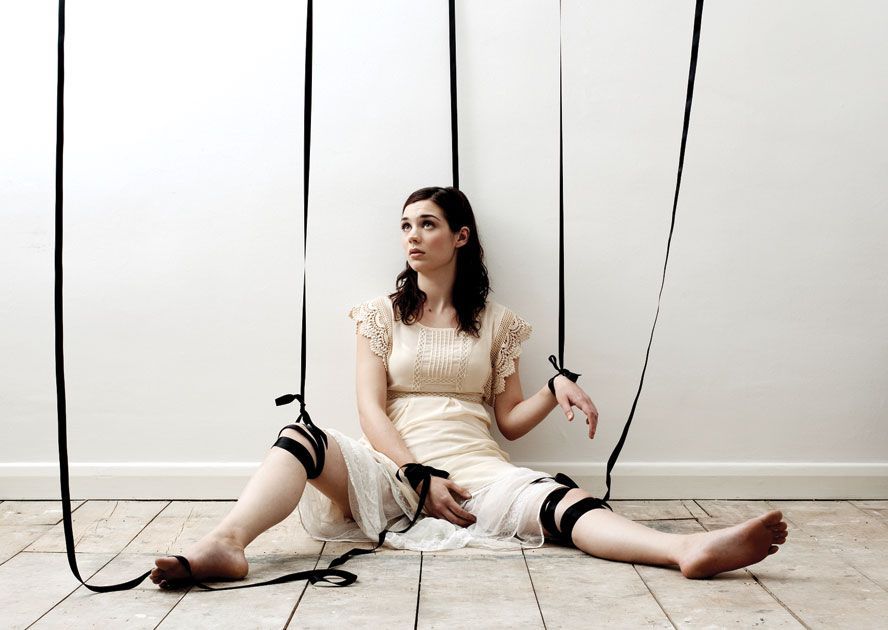
By Beverley Stewart
•
July 7, 2024
Coercive control is a concerning and growing issue in Australia - and it matters to all of us. But what is it really? Here we provide a definition, examine behaviours, and identify the signs. We also look at the effects coercive control can have, and what we can do about it.
In the spirit of reconciliation, Beverley Stewart - Counselling / Psychotherapy / Groups acknowledges the Traditional Custodians of country throughout Australia and their connections to land, sea and community. We pay our respects to their Elders past and present and extend that respect to all Aboriginal and Torres Strait Islander peoples today.
